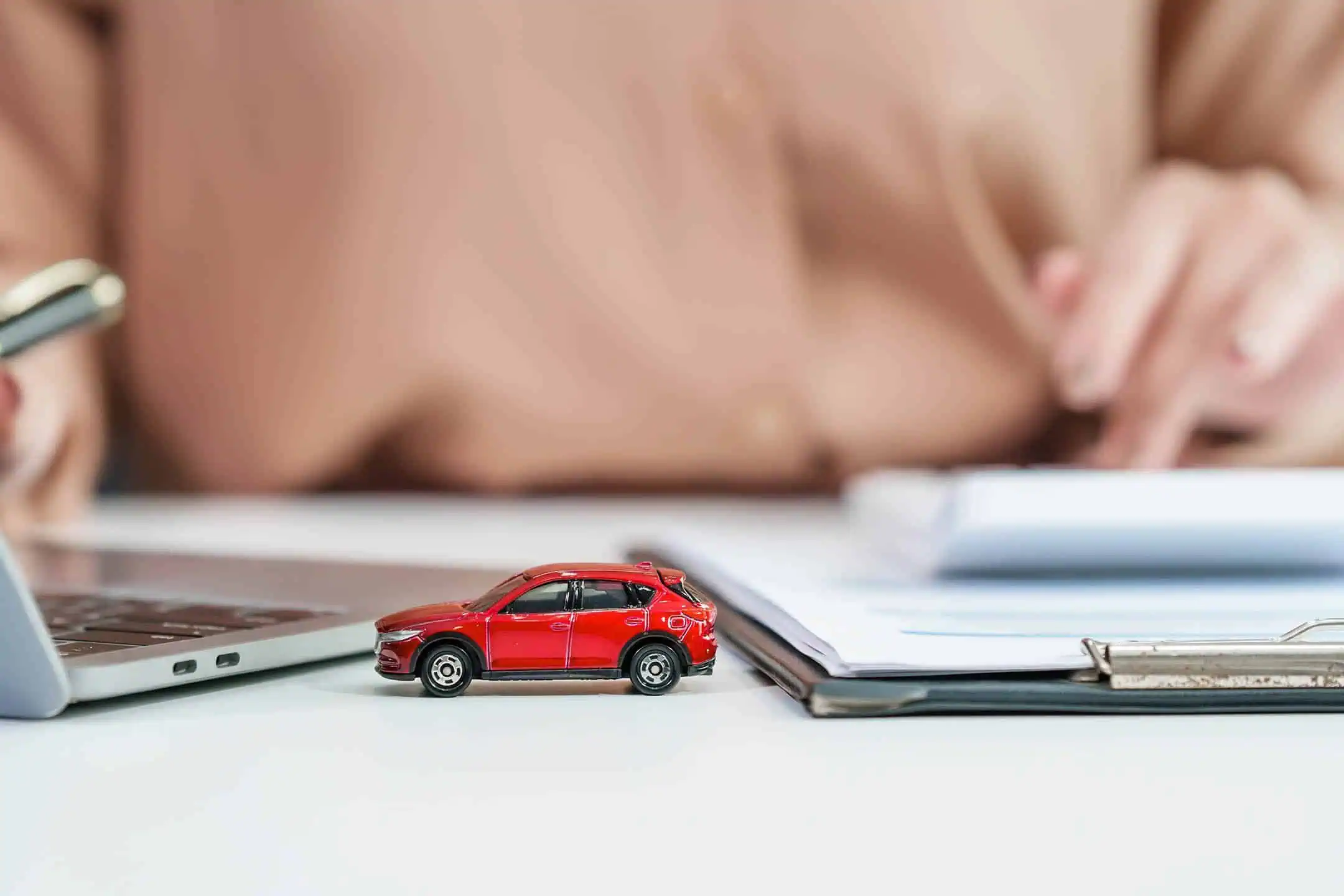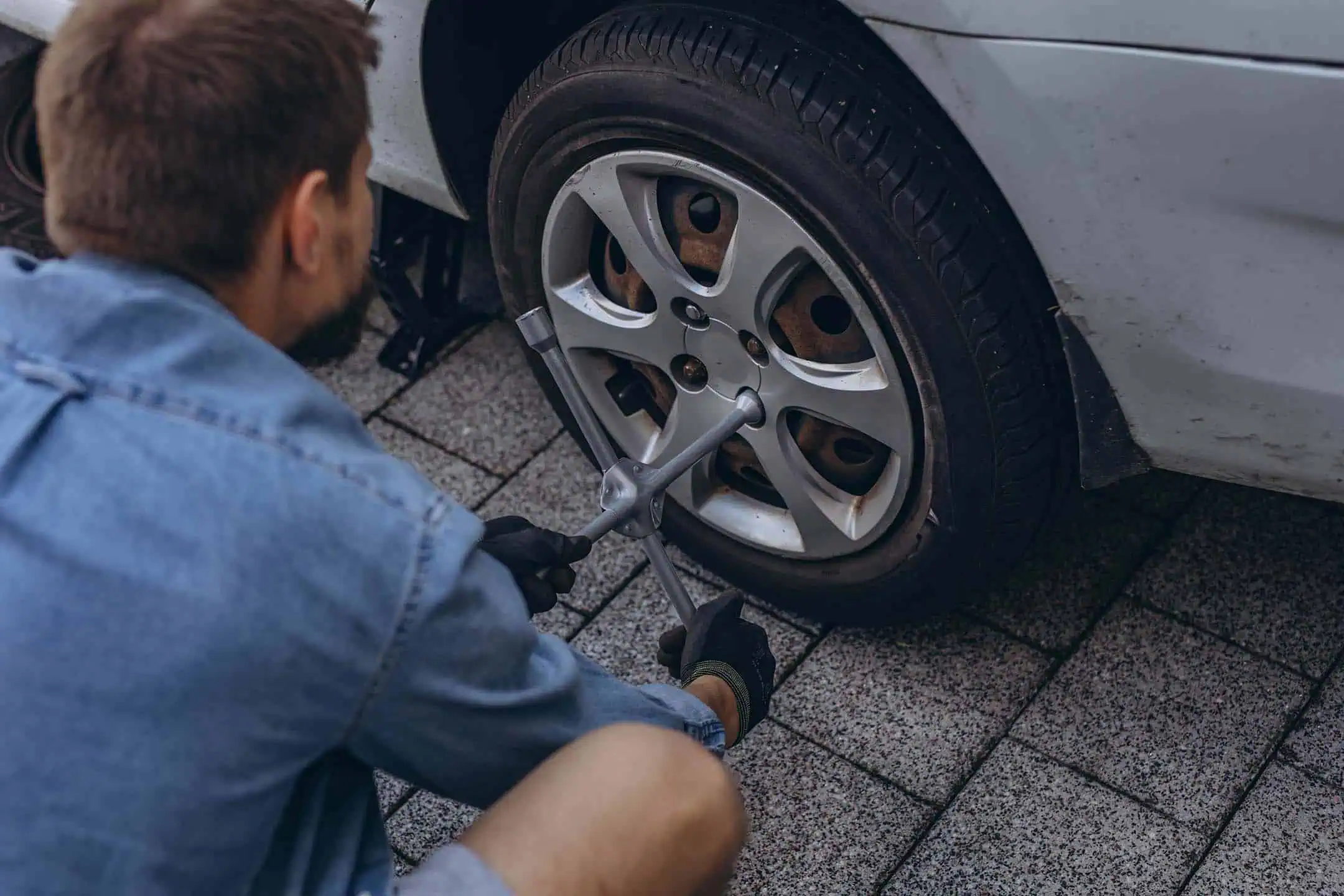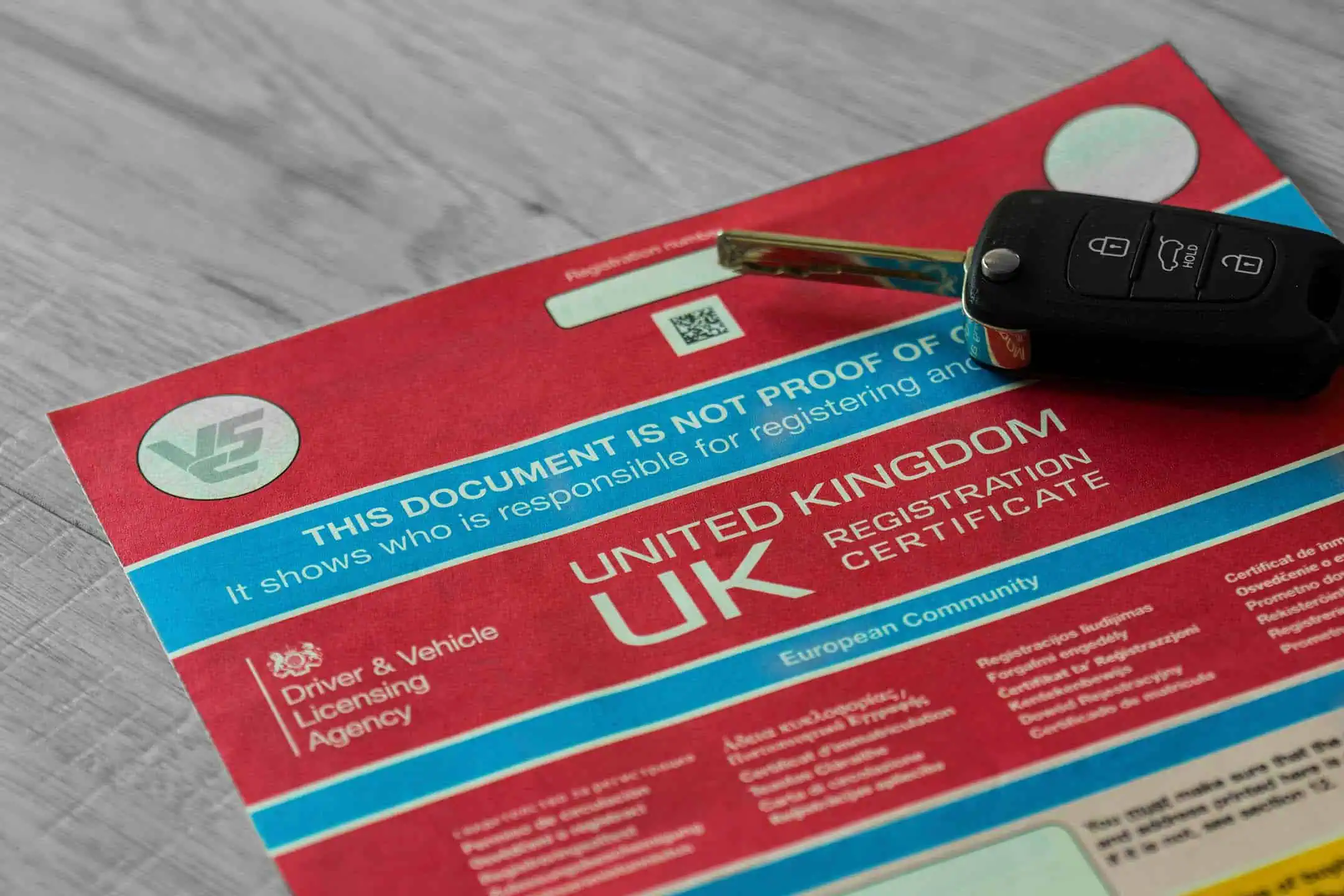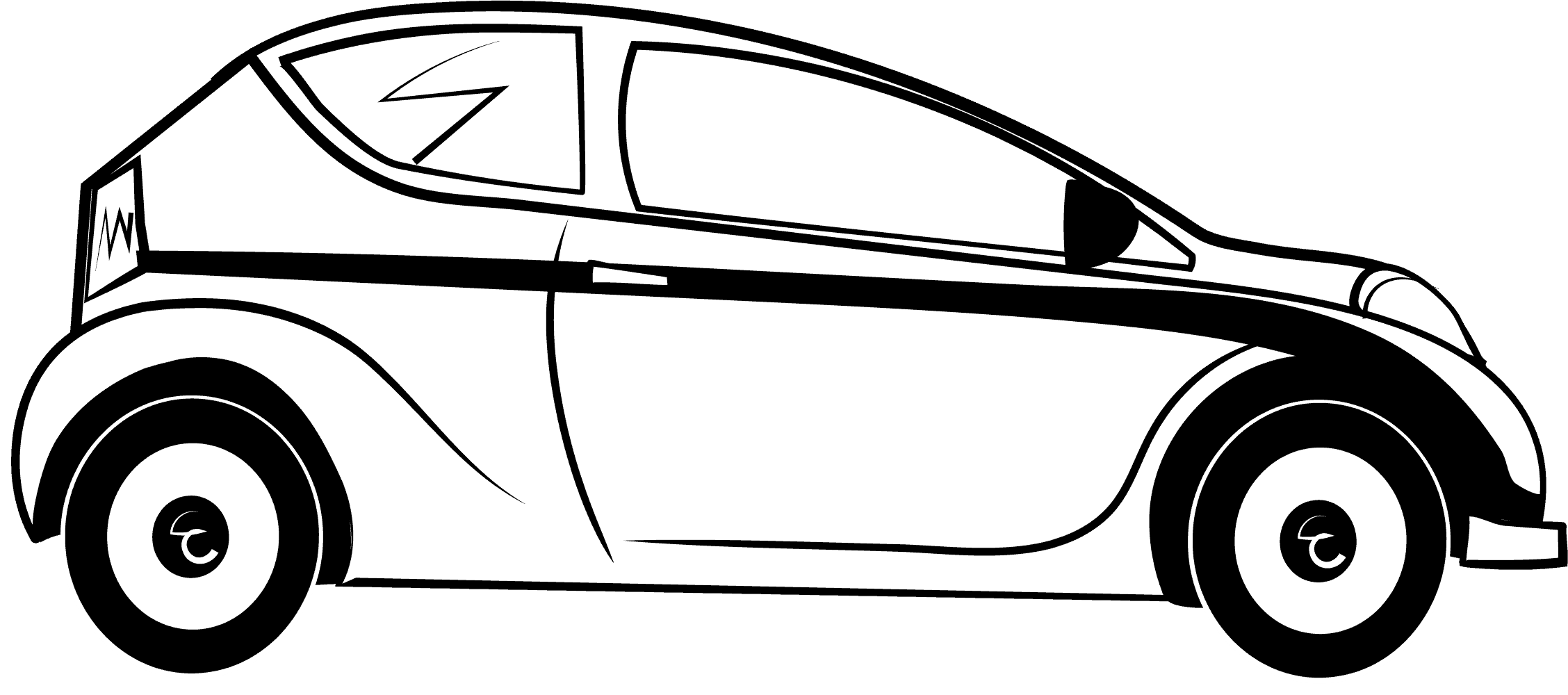Buying a car Privately - tread carefully!

When you buy a car privately, be sure to check out the vehicle and the seller. Are they both trustworthy?
Buying a car privately! Hmm
At the time, buying your car from a private seller seemed like the most affordable way to buy a car. It looked decent enough, and you always said you don’t really need much anyway – it’s just for getting from A to B.
Also, it drove fine on your 3-minute test drive. All is well…
Until you notice the air-con isn’t working. And the windows don’t roll down all the way. Your brakes have started making an awful ‘squeak’.
Yep, you’ve bought a banger, and will now have to pay a fortune for repairs or scrap the car.
Don’t fret – many of us have done it, and it’s almost a rite of passage here in the UK. Sometimes you just need to count your losses and make sure you don’t make the same mistake twice.
While buying a car privately should, and probably is, fine most of the time, you need to be a lot more cautious than if you were buying from a dealer.
We’re going to run you through everything you should think about before buying a used car privately.


How do I find a decent car?
Conventional wisdom says to buy a car from someone you know. Many people advertise the sale of their car in public places – sometimes with a note on the car, an advert in the supermarket notice board, or on sites like Gumtree.
Maybe you see a notice that Old Doris down the road is selling her car. She’s used it once a week for two years – ideal!
Of course, while being familiar with the seller inspires confidence, it’s not always possible. If there are no local ads of note, or it seems dodgy, you should turn to the internet.
Here’s a couple of ways to find a car online:
Use Autotrader: AutoTrader’s marketplace is one of the largest in the UK and has an excellent filtering tool. By law, people selling cars have to declare whether they’re private sellers or trade sellers (i.e. a dealer). Filtering for private sellers lets you see the cheapest vehicles in your area. You can also filter by car type, manufacturer, doors, colour, engine size, and more.
Use eBay: You really can buy anything on eBay – from sweaty old England, football tops going for £0.99, to a brand-spanking-new car. A lot of people sell their used cars on eBay, as it’s a trustworthy site with excellent filtering tools.
However, you need to be careful using eBay, as there’s plenty of scammers taking advantage of unsuspecting motorists. eBay has a dedicated help page for buying vehicles. If you follow their advice to the T and still caught out, you can make use of eBays buyer protection policies.
Top 5
The top five cars with the lowest average annual maintenance costs, including servicing, MOT and repairs according to research are:
- Fiat Punto – £295
- Peugeot – 206 £283
- Mercedes-Benz A-Class – £289
- Citroen – C4 £293
- Renault – Megane £310
Source: Whocanfixmycar, 2019
Is the car trustworthy?
Whether you find a used car locally, or through the internet, you must never pay before seeing the car!
Take an experienced driver with you if possible, and make sure to test drive the car thoroughly.
Follow our definitive checklist to buying a used car don’t go through with the sale if you’re not confident in the vehicle.
If you have no-one you can consult who’s car-savvy, you can make use of pre-purchase inspection services – the AA offers a good one. This makes sure that the car is in good nick and has no mechanical issues.
The seller needs to consent to an inspection, and if they don’t, it’s probably a warning sign anyway! Unfortunately, this isn’t cheap, with the standard check costing from £140. It could save you a fortune in the long run, though, so it’s worth considering.
Before even test-driving the car, you should get a used car history check. You can get a standard one from the Gov UK site, or you can pay for a more comprehensive one, such as from HPI.
If Dodgy Dave from Gumtree has ‘borrowed’ his mates car and decided to sell it off, you’ll know.


Is the seller trustworthy?
Speaking of Dodgy Daves, your seller must seem trustworthy. Most of the time, an honest seller will have you come and view the car at their home. Make sure that you check that this is the same address as on the car’s V5C logbook. If the seller doesn’t agree to that and wants to meet somewhere else, you should be very wary.
Del Boys and swindlers are known to park outside an address, making it look like they actually live there. So be extra cautious, and have a good look at the logbook!
It’s also good practice to verify the identity of the seller. Ask to see ID, and make sure that their details match that in the logbook and GOV UK site.
When communicating with the seller, keep an eye out for red flags:
Hesitant or evasive to questioning
If something seems off about the seller’s reason for selling, or he seems to lack clear-cut answers about the history of the car, bailout immediately! An honest seller should be able to answer everything about the vehicle with no problem.
Impatient
If the seller seems a bit too eager for a quick sell, it could signal that the car is either a piece of junk or has a suspect past.
Hesitant to show the logbook
Dodgy Dave is now profusely sweating when you’ve asked to see the logbook. He gives it to you, crumpled up, hoping that you’ve forgotten your glasses and won’t look too closely. Runaway.
No service history or recent MOT
Never buy a car with a troubled, or absent, service history. This means it hasn’t been taken care of, even if it looks good. If the MOT has been done ten months before the sale, you can bet on the seller has no confidence that the car will pass! Avoid.
Too good to be true
If the mileage seems absurdly low for a car of the advertised age, or the low-mileage doesn’t match the wear-and-tear of the interior, walk away. You can check a vehicle has a valid mileage by using the government website to check the MOT history of a car. And, will display mileages at the MOTs, and you can use this to work out whether it’s genuine. If the MOT’s have mostly been’ fails’, the car hasn’t been looked after.
Warning!
If the mileage seems absurdly low for a car of the advertised age, or the low-mileage doesn’t match the wear-and-tear of the interior, walk away.
Should I buy from a dealer instead?
Dealers offer more security. You usually get a warranty, and the car will have a full MOT and service completed before buying.
Naturally, though, this is much more expensive than buying privately. At its core, the vast majority of private sellers simply want to get a bit of their money back before buying a new vehicle. While there are certainly people trying to take advantage of you, they’re in the minority.
Still, you must be cautious! By following the steps in this guide, you should be able to determine whether a private seller is legitimate and whether the car is a good purchase.


How do I pay for the car?
A private seller obviously doesn’t offer any finance options, like PCP or HP – it’s just an everyman/woman trying to sell their motor!
Usually, people will pay private sellers directly using bank transfers. Be wary of carrying lots of hard cash around, as this can be unsafe for you and the seller. Most genuine sellers will be happy with a bank transfer.
It’s worth carrying a bit of cash, maybe £100, as a deposit, if you’re sure about the car but need to arrange finance. Make sure you communicate well with the seller and trust them enough to give them a deposit. Don’t leave them waiting too long or you could lose the car, and possibly your deposit!
When you pay for your car, you must get the V5C/2 form from the logbook, which is called the New Keeper Supplement. The seller then has to notify the DVLA that you are the new owner.
Road tax isn’t transferable, so you’ll need to tax the car as soon as you drive the car home. Use the number on the V5C/2 form to pay your road tax.
Your brand-new V5 logbook will arrive in a week or so. If the postie doesn’t bring it by then, contact the DVLA to let them know.
